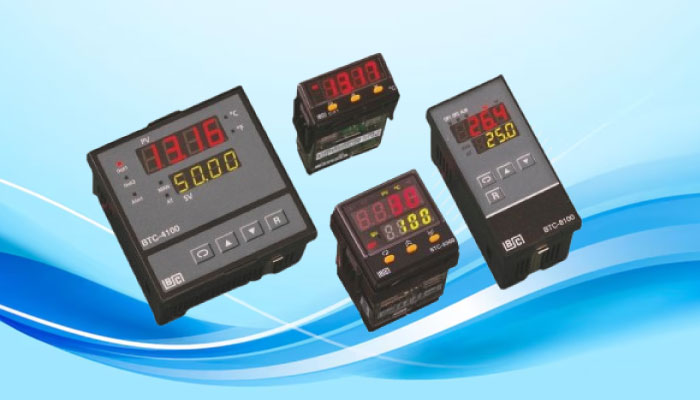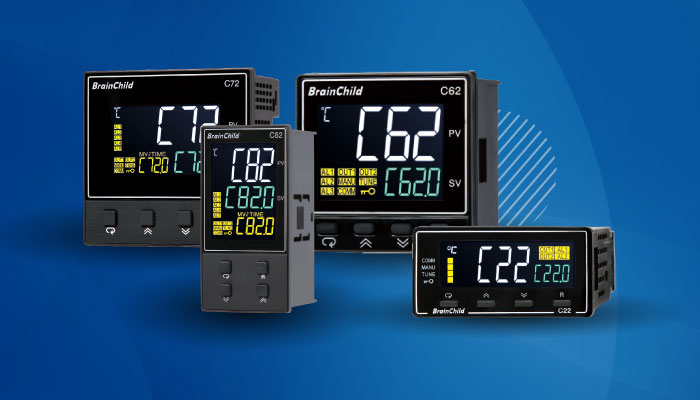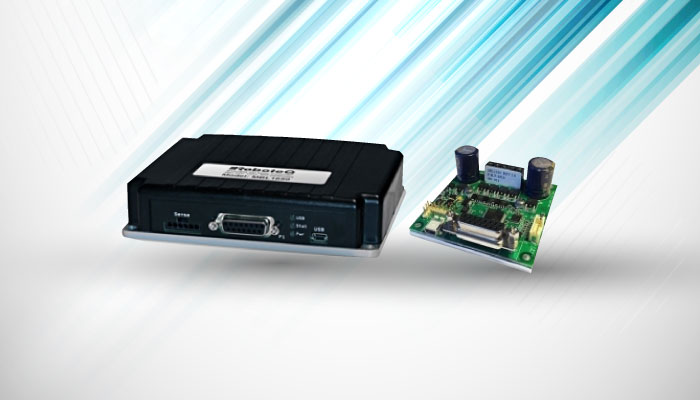Navigating the Industrial Networking Landscape: Choosing the Right Solution for Your Needs

Navigating the Industrial Networking Landscape: Choosing the Right Solution for Your Needs
In today's rapidly evolving industrial landscape, a reliable and efficient networking solution is crucial for ensuring seamless operations, connectivity, and data exchange. Selecting the right industrial networking solution tailored to your specific needs can be a game-changer. In this blog, we'll explore the factors to consider and the steps to follow in choosing the perfect industrial networking solution for your business.
The Importance of Industrial Networking
Industrial networking forms the backbone of modern manufacturing and industrial processes. It enables machines, devices, and systems to communicate and collaborate, facilitating real-time data exchange, control, and automation. The benefits of a robust industrial networking solution are manifold:
- Enhanced Efficiency: Industrial networking streamlines processes, reducing manual intervention, and minimizing errors.
- Improved Productivity: It enables real-time monitoring and remote management of industrial equipment, leading to increased productivity.
- Cost Savings: Efficient networking solutions reduce downtime and operational costs, resulting in long-term savings.
- Scalability: The right solution can grow with your business, adapting to changing needs and technological advancements.
- Data-Driven Decision-Making: Access to real-time data empowers informed decision-making, optimizing production and resource allocation.
Steps to Choose the Right Industrial Networking Solution
Selecting the ideal industrial networking solution requires a strategic approach. Here are the essential steps to guide you in making the right decision:
1. Assess Your Requirements
The first step is to conduct a thorough assessment of your industrial networking needs. Consider factors such as the size of your operation, the types of devices to be connected, the required bandwidth, and the level of redundancy and reliability necessary. This initial assessment will lay the foundation for your networking solution.
2. Define Your Network Topology
Based on your requirements, determine the network topology that best suits your organization. Common topologies include star, ring, bus, and mesh. The choice of topology impacts factors like fault tolerance, scalability, and ease of maintenance.
3. Technology Selection
Choose the appropriate networking technology. Ethernet is the most prevalent choice for industrial networks due to its speed and compatibility with existing IT infrastructure. However, other technologies like Profinet, EtherNet/IP, and Modbus TCP are tailored for specific industrial applications.
4. Reliability and Redundancy
Industrial networks must be highly reliable. Consider solutions that offer redundancy, ensuring continuous operation in the event of network failures. Redundancy can be at the device level, communication link level, or network level, depending on your needs.
5. Cybersecurity
With the increasing prevalence of cyber threats, security should be a top priority. Look for networking solutions that incorporate robust security measures such as firewalls, intrusion detection systems, and encryption.
6. Scalability
Choose a networking solution that can grow with your business. Scalability is vital, particularly in rapidly expanding industries. Ensure that your selected solution can accommodate additional devices and data loads without major disruptions.
7. Compatibility
Consider the compatibility of your chosen solution with existing infrastructure, devices, and control systems. Seamless integration can save time, resources, and complications during implementation.
8. Quality of Service (QoS)
If you have applications with varying bandwidth requirements, Quality of Service (QoS) capabilities become essential. QoS ensures that critical data gets priority over less time-sensitive information.
9. Vendor Selection
Choose a reputable and experienced vendor. Evaluate their track record in delivering industrial networking solutions and their commitment to customer support and service.
10. Testing and Validation
Before full-scale implementation, conduct thorough testing and validation of the chosen networking solution. This step helps identify and rectify any potential issues or discrepancies.
11. Future-Proofing
As technology advances, your industrial networking solution should remain relevant. Consider solutions that are future-proofed, with a roadmap for updates and integration of emerging technologies.
12. Training and Support
Invest in training for your team to ensure they can manage and maintain the network effectively. Additionally, choose a vendor that provides strong customer support and maintenance services.
Here are some of the most common industrial networking technologies:
- Ethernet: Ethernet is the most widely used networking technology in the world. It is a versatile and scalable technology that can be used to connect a wide range of devices, including PLCs, sensors, and actuators.
- Fieldbus: Fieldbus networks are designed for industrial applications. They offer a variety of features that make them ideal for connecting devices in harsh environments, such as noise immunity and redundancy.
- Wireless: Wireless networking technologies, such as Wi-Fi and cellular, can be used to connect devices in areas where it is difficult or impossible to run cables.
- Industrial Internet of Things (IIoT): IIoT networks are designed to connect and manage industrial devices and systems over the Internet. IIoT networks offer a number of benefits, including improved visibility and control, as well as the ability to collect and analyze data for predictive maintenance and other purposes.
Conclusion
Selecting the right industrial networking solution is a strategic decision that can significantly impact your operations, efficiency, and competitiveness. By following these steps and considering the essential factors, you can navigate the industrial networking landscape with confidence and choose a solution that aligns perfectly with your unique needs. A well-chosen networking solution can lay the foundation for enhanced productivity, cost savings, and future growth in your industrial endeavors.
Theta Controls offers a wide range of industrial networking solutions, including Ethernet, fieldbus, wireless, and IIoT networks. Our solutions are designed to meet the needs of businesses of all sizes, in a variety of industries.
If you are looking for a reliable and scalable industrial networking solution, contact Theta Controls today. We can help you assess your needs and recommend the best solution for your budget and requirements.


